Stephen Ridley's Piano Academy: The Disturbing Truth
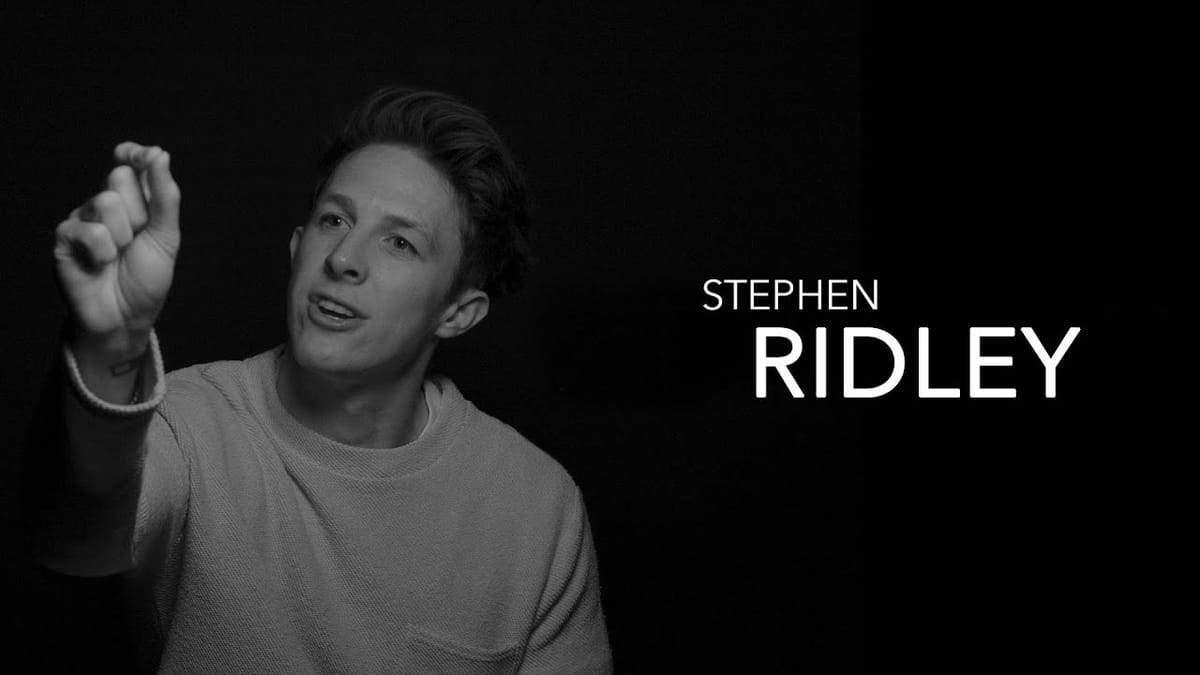
A crimson-robed man bangs out pop songs on his piano while proclaiming, "Doesn't that sound amazing?"
So begins the siren call of Stephen Ridley's piano course ads, which pop up across YouTube and beyond. He tantalizes viewers with the idea that for just $1,400, his "revolutionary" Ridley method can transform tone-deaf amateurs into virtuoso pianists able to dazzle any audience.
But an investigation into Ridley's inflated credentials and high-pressure sales tactics indicates his Piano Masterclass is little more than a scam to extract money from unwitting students on behalf of the controversial Church of Scientology.
TL;DR
- Is it revolutionary? Hell no.
- Does it work? Barely.
- Is it worth $1,400? Absolutely not.
If you’re a total beginner chasing quick pop wins, Ridley’s hype might hook you for a hot second, but bail before the bill hits. If you want real piano chops without the culty cash grab, hunt down something legit.
Whatever you do, don’t buy the robed wizard act. True mastery demands sweat, not slick sales funnels. And no "method" can shortcut the grind.
The Fabricated Musical Prodigy
"I studied at some of the best music schools in the world, including the Royal College of Music in London and the Juilliard School in New York," boasts Ridley.
Yet nowhere in his official biography does it state he actually attended or graduated from these elite institutions. It instead says he worked in investment banking before becoming a musician. This seeming embellishment of his educational background raises immediate red flags.
Stephen Ridley's bio and ads also claim he's played with music legends like Stevie Wonder. But besides his own assertions, there exists no evidence of him ever performing with Wonder or other stars he name-drops.
Reviews from actual musicians characterize his piano skills as mediocre at best, akin to a "child who just learned about chords." Hardly the awe-inspiring prowess expected from a world-class, Julliard-polished prodigy.
So how did this apparently average pianist suddenly develop a "revolutionary" method for playing piano after a career in high finance? That brings us to his so-called breakthrough.
Debunking the "Ridley Method"
In his pontificating piano course ads, Ridley introduces viewers to his "Ridley Method" which he claims allows students to play an endless array of songs using just four simple chords.
The Ridley Piano Method claims that it is an accelerated learning approach designed to help students play confidently up to 10 times faster than traditional methods. Ideal for beginners and those with little to no musical experience, this piano method simplifies piano learning by breaking it down into 55 easy-to-follow steps.
"Students" seen giving miraculous testimonials in the ads gush about how they can suddenly sit down and perform any pop song that comes on the radio.
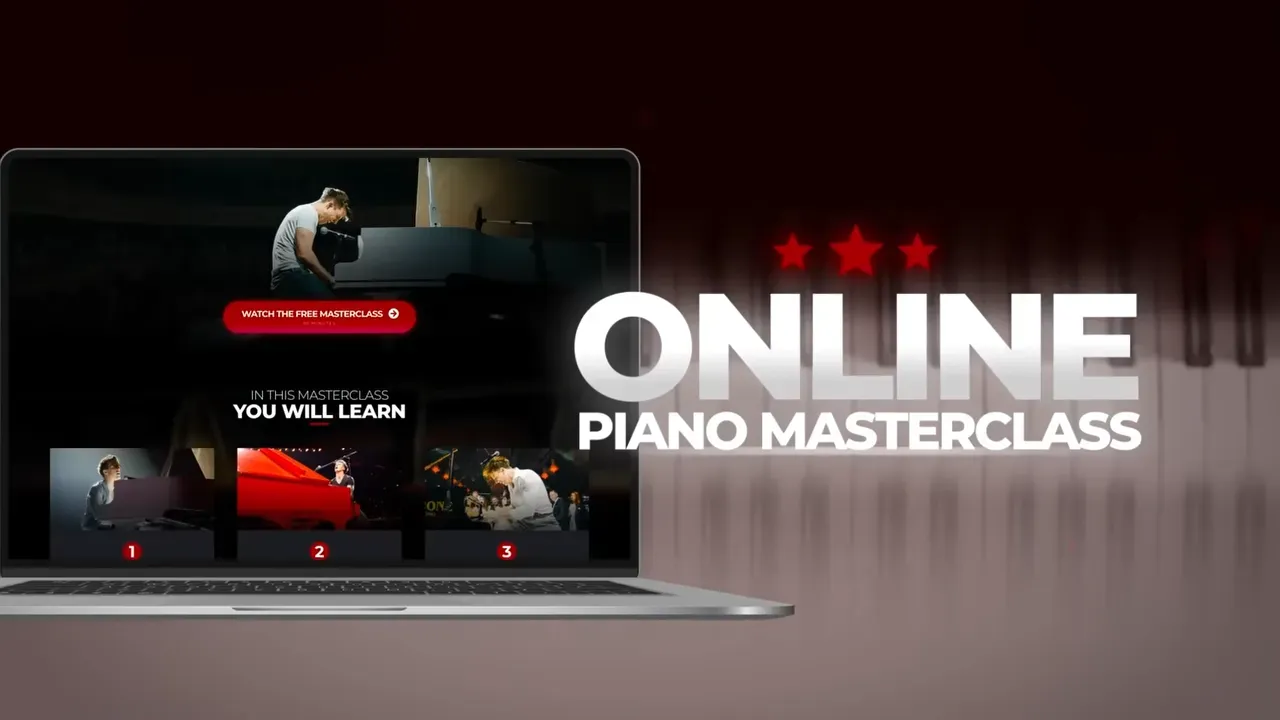
But as scores of professional and hobbyist musicians have repeatedly pointed out online, these four chords constitute one of the most common and beginner-friendly chord progressions in pop music.
An Australian comedy band called The Axis of Awesome went viral over a decade ago for their humorous song "Four Chord Song," which showed how the simplistic chord sequence showed up in dozens of popular hits. Many music teachers state they teach students those exact four chords in the very first lessons.
Yet Ridley presents this rudimentary chord progression as his own proprietary secret sauce - the backbone of the "Ridley Method."
This seems to imply taking credit for "discovering" a basic musical concept as universal as the color blue. Actual musicians allege he relies on flashy marketing and dramatic persona to disguise this lack of originality or substance.
Empty Promises and Upsells
The grandiose claims don't stop with taking ownership of Education 101 piano chords. Ridley also asserts that students who enroll in his $1,400 online piano course can "play beautifully after just a few lessons" and reach performance "Level 10" within months. But personal reviews expose this as well to be massaged marketing hype:
"The lessons are too short and then instructed to go learn on your own and will be easy and fast- neither are true...I practiced for 1⁄2 to 1 hour and other than finger drills and struggling to memorize scales- it doesn’t deliver."
Such first-hand accounts characterize Ridley's course as less of a structured educational program and more of an eclectic grab-bag of incomplete independent exercises. You apparently get left to teach yourself despite little prior foundation. Again Ridley seems to vastly overstate the value and efficacy of his slapdash product.
He also refuses to allow interested buyers to just purchase his lesson videos alone. You must commit to the entire $1,400 package, which student reviews imply contains lots of recycled self-helpy padding outside the actual piano content. Ridley further stonewalls requests about payment plans, forcing people to shell out the lump sum or walk away.
Capping off the entire high-pressure sales bonanza is the so-called "free" eBook Ridley promises webinar viewers for sitting through the hours-long infomercials for his course. But this "Christmas gift" turns out to be a meager 26 pages of rehashed information from the webinar. Just one more carrot dangled to lure students into his overpriced program.
Funneling Funds to Scientology

If Ridley brazenly misrepresents his skills and the nature of his product, where does all the money from his piano course actually go? Potentially straight into the coffers of the controversial Church of Scientology.
Online sleuths discovered that Ridley resides near the international headquarters for Scientology. His self-helpy, feel-good rhetoric also closely resembles the manipulation tactics for which Scientology receives widespread criticism. Phrases like "revolutionize your life" and "achieve your dreams" permeate his sales pitches.
Moreover, the structured levels for advancing piano skill in his course strongly mirror Scientology's own tiered system for spiritual enlightenment, which requires members to keep paying more and more to climb the rungs. The financial parallels seem too conspicuous to ignore.
While no concrete paper trail of Ridley's payments to Scientology exists yet, the body of circumstantial evidence continues mounting. His alleged lack of transparency regarding the true nature of his offerings combined with his close geographic and ideological ties to a controversial religious institution leave his motives in question.
Protect Your Wallet, Not the Con Artist
Stephen Ridley ultimately acts as a sort of pianistic Wizard of Oz - big, loud, and commanding attention from behind a curtain of smoke and mirrors. Strip away the dramatic costumery, the lighting and camera angles, the scripted dialogue, and precious little musical knowledge remains.
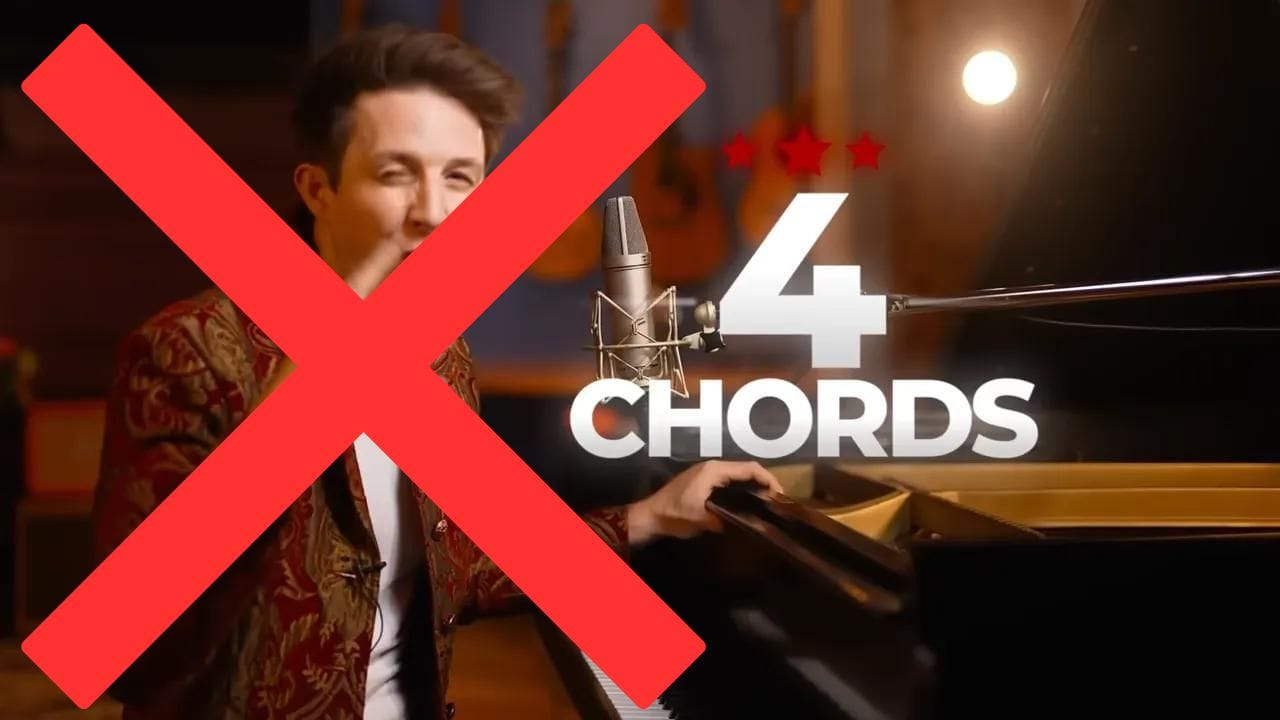
What does continue unchecked is his extensive media campaign to separate thousands of students from their hard-earned money.
The individual consumer must decide for themselves whether Ridley's course offers any legitimate value under all the convoluted theatrics. But they would be wise to balance his self-styled rags-to-riches story ripe for the movies with the simpler tales of misgiving from ordinary people regretting their purchases.
In the meantime, legitimate online courses and teachers still provide earnest students the opportunity to develop their talents sans scams.
Because as much as Stephen Ridley may bang the keys while making baffling appeals to join his expensive program, perhaps the simplest advice is not to let the wolf in, in the first place. Especially one in strange robes with undisclosed ties to groups exhibiting cultish behaviors and insatiable greed.

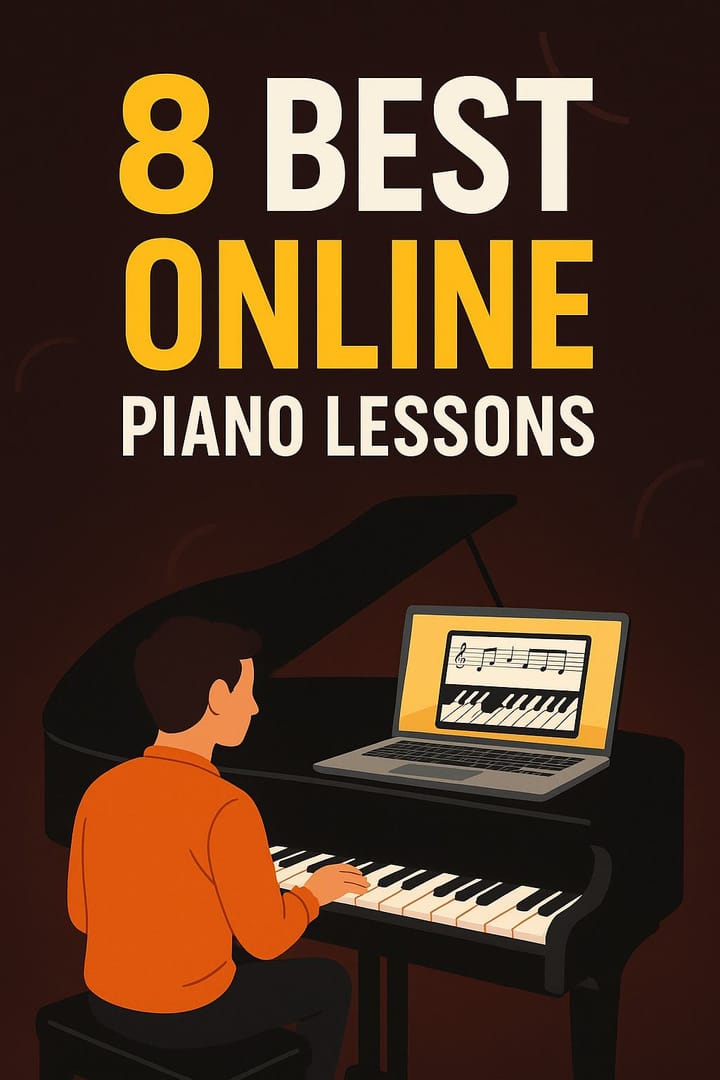
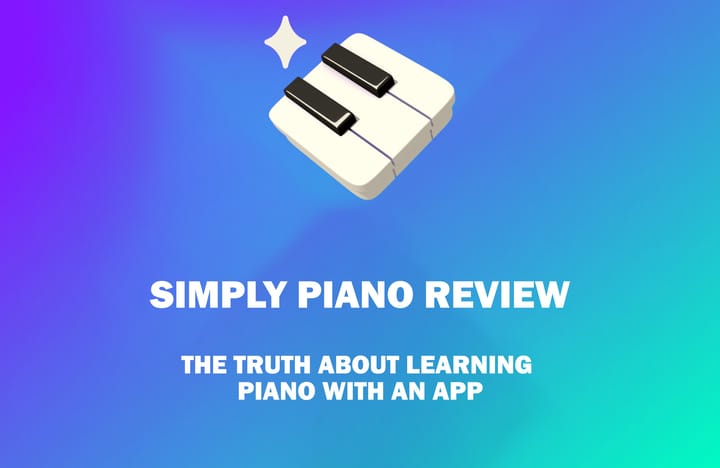
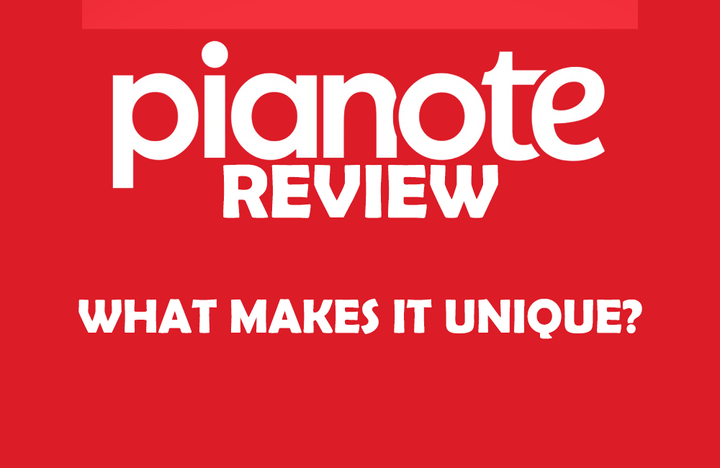
Comments ()